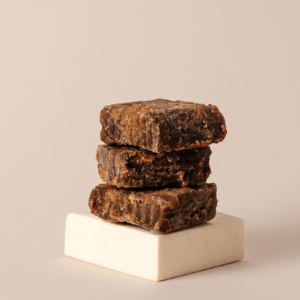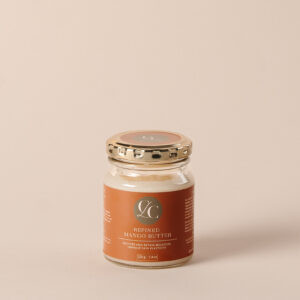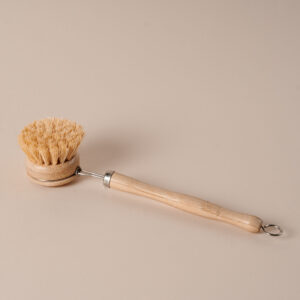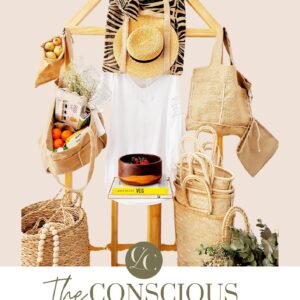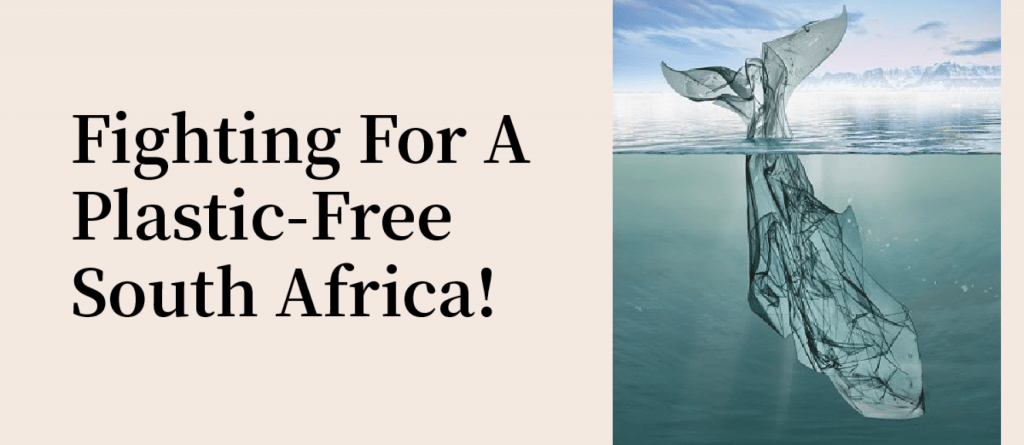
Plastic Free July is about collective action, some people worry their effort is not significant enough, but the impact of Plastic Free July shows that small steps can make a big difference” Rebecca-Ruiz, director of the Plastic Free Foundation.
Every year, we produce more than 400 million tonnes of plastic, according to the United Nations Environment Programme (UNEP). That’s the same as the weight of all the people on the planet. This material is long-lasting and durable therefore difficult to give up – but the environment is paying the price for our reliance on it. Plastic makes up 80% of marine pollution and turns into tiny microplastics, becoming a permanent pollutant.
Why We Should Care About A Plastic-Free South Africa
As South Africans, why should we be concerned about being plastic-free? What impact does plastic have on our livelihoods and the livelihoods of our environment? And what can we do to be more conscious about our relationship with plastic? The are excellent and important questions to ask.
Our relationship with plastic is a complex one. Plastic has many uses and performs many functions that make life easy and convenient for us. On the other hand, plastic is one of the country’s greatest contributors to pollution due to our behaviours and habits. This subsequently affects our ecosystems and the health of animals and human beings that benefit from these ecosystem. Not only that, but plastic also contains ingredients that are toxic and often cause them to be non-recyclable and non-biodegradable. Even the process of making plastic involves the depletion of fossil fuel and the emissions of harmful gasses into the air.
Here are some statistics to help put the idea of a plastic-free South Africa into context.
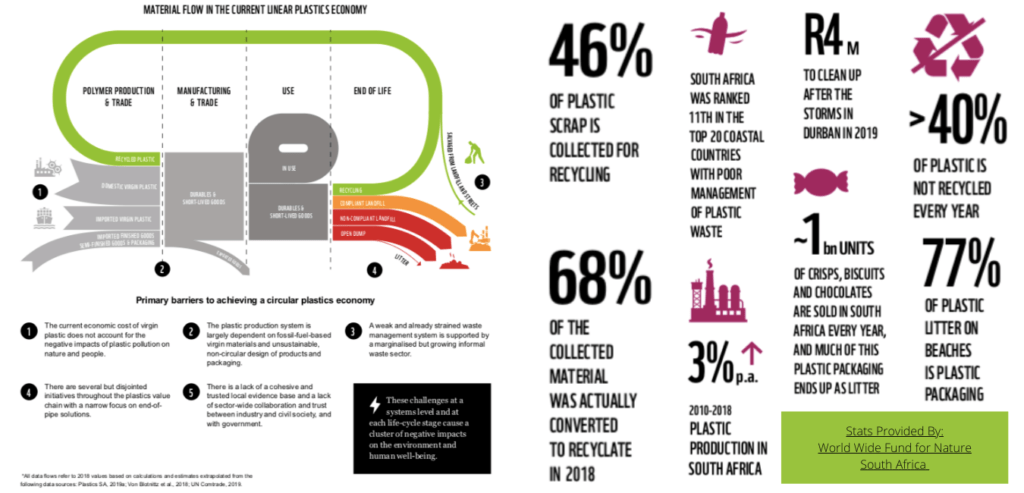
PLASTIC FREE GUIDE
BUY LOOSE FRUIT & VEG
Buying loose fruit and veg could cut plastic packaging by 8,800 tonnes per year.
DITCH CLINGFILM
Plastic Free July is calling time on clingfilm. Use a plate on top of a dish, wrap food in an old sandwich bag or wax paper wrap
REPURPOSE PACKAGING
Get creative, use old bread bags for home freezing, old food tubs are useful for leftovers.
REDUCE SNACK WRAPPERS:
Make your own snacks at home which can form part of a fun activity if you have children.
CARRY YOUR OWN WATER BOTTLE
Hydrate on the go and refill on the go instead of buying a water bottle.
CHANGE LAUNDRY PRODUCTSCut our plastic laundry liquid bottles and try an ecoegg to clean your clothes. The pellets inside lift dirt from the fabric. You replace the pellets after around 70 washes, but carry on using the egg.
CHOOSE REUSABLE CLOTHS
Disposable cleaning wipes contain plastic and end up in waterw3ays, where they pose a danger to wildlife. Use microfibre cloths for mops that can be put in a washing machine.
MAKE YOUR OWN CLEANER
Every year, 468 million spray bottles are thrown out. Keep old bottles and refill them with an all-purpose cleaner made froma cup of bicarbonate of soda and two litres of water.
GO BIG ON VINEGAR
Fill an old spray bottle with white vinegar – a spritz works wonders on glass, windows, taps and sinks. You can also soak rusty tools in vinegar for 12hrs, then scrub off the rust with a cloth or non-scrubbing pads.
BUY SECON-HAND FIRST
Shop from our second-hand fashion or visit your local second hand stores to see what is available. You can also follow Thirftfest on FB/IG for their monthly thrift popups.
WASH CLOTHES LESS
Doing laundry releases microplastics into the water supply, especially given that polyester and nylon account foralmost 70% of all the materials used in clothing globally. Spot clean clothes and air them to release odour.
SUPPORT INNOVATIVE BRANDS
Brands like LEZA&CO recycles textile waste into fashion.
AVOID PLASTIC WRAP
Write to the brands you shop from whom still uses plastic wrap, use your voice to advocate for the planet..
Shop Plastic Free
Conscious Blog Posts
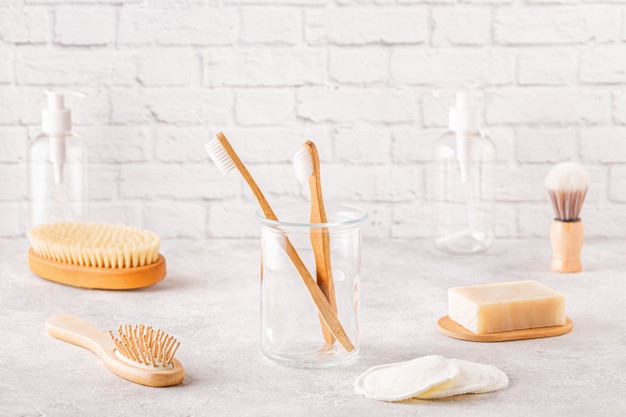
A Plastic-Free Bathroom
A plastic-free bathroom for a South African.
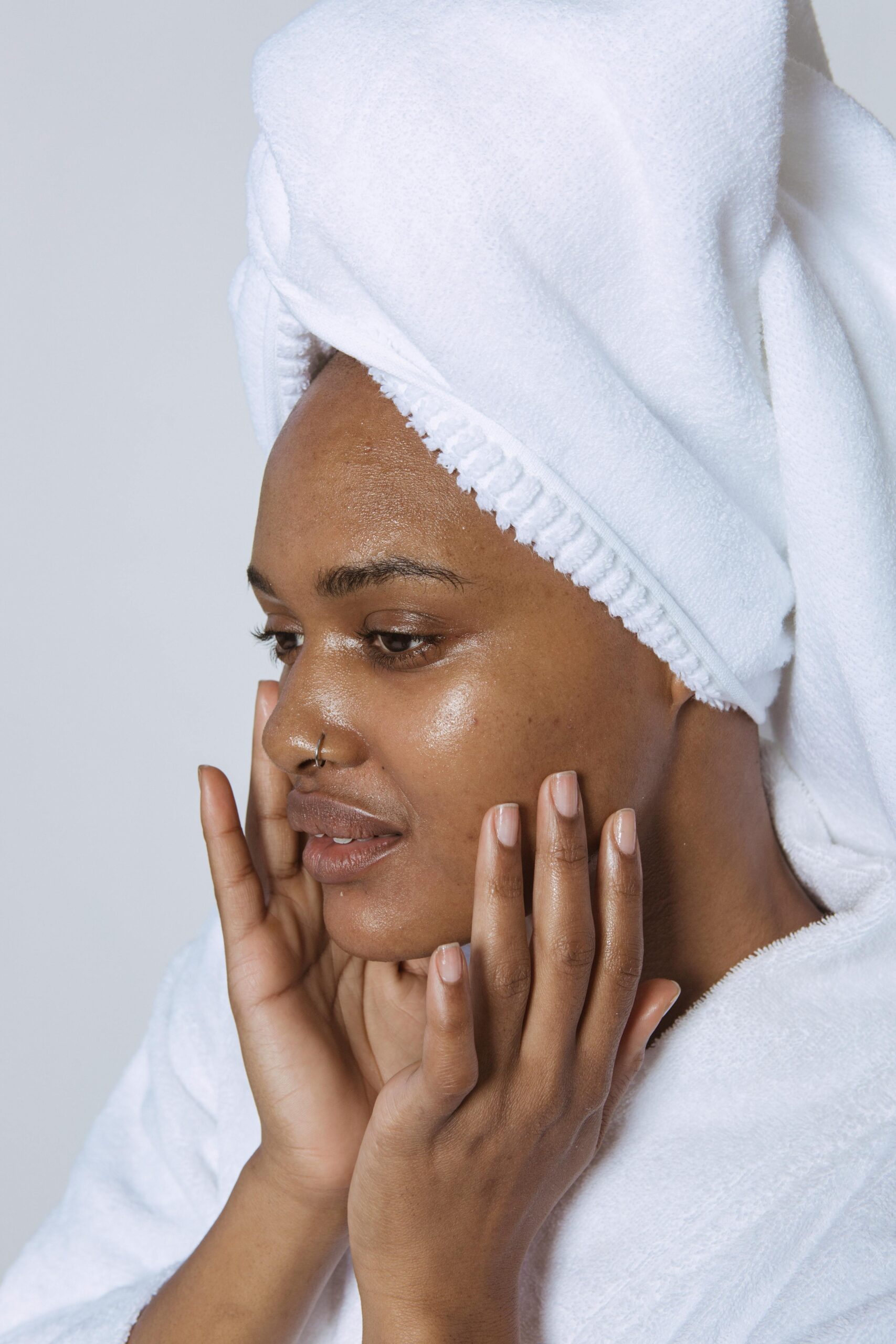
Winter Skincare: Nourishing Your Skin Through the Chill
Our skin is an organ that requires a lot of care, care that changes over time and seasons. As the temperature drops and the air becomes drier, our skin transforms, often leaving it feeling dry, tight, and more sensitive than usual.

